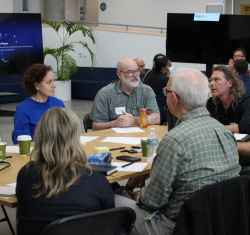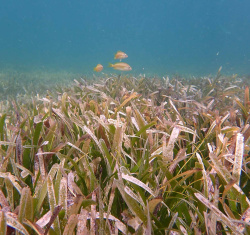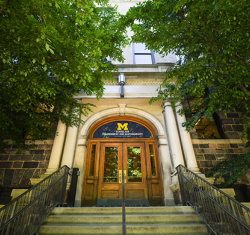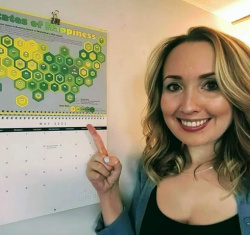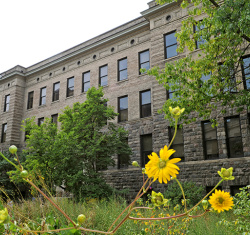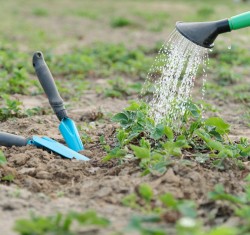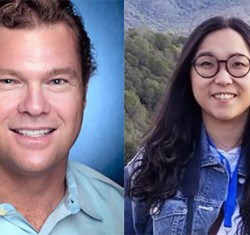
 back to all faculty
back to all faculty
Bill Currie

About
Bill Currie, PhD, is a biogeochemist, landscape ecologist, and ecosystem modeler who works on interdisciplinary topics related to environmental quality, water quality, and sustainability. He studies the linkages among carbon, nutrient, and water cycling in terrestrial landscapes, watersheds, wetlands, and human-environment systems. He collaborates with researchers across a range of fields and with students to integrate understanding and build models for synthesis. He develops and teaches interdisciplinary case studies on sustainability issues in the Great Lakes region. A current interest is in developing artificial intelligence tools and approaches for progress in the environment and sustainability domain, with a particular interest in grounding and alignment of AI.
Currie is an elected Fellow of the American Association for the Advancement of Science (AAAS) for his work in advanced ecosystem modeling. He is co-Director of the Eric and Wendy Schmidt AI in Science Postdoctoral Fellowship Program at U-M. He serves as part of SEAS leadership as an Associate Dean, overseeing research development and ensuring SEAS faculty have access to resources for cutting-edge research for both scholarly and societal impact. Previously, he served a leadership role in planning the new School for Environment and Sustainability at U-M, which opened its doors in 2017.
Publications
- Shayka, B. F., M. H. K. Hesselbarth, S. R. Schill, William S. Currie and J. E. Allgeier. 2023. The natural capital of seagrass beds in the Caribbean: evaluating their ecosystem services and blue carbon trade potential. Biology Letters 19(6): 20230075. (https://doi.org/10.1098/rsbl.2023.0075)
- Yuan, Ye, Kenneth Elgersma, Jason P. Martina, Sean J. Sharp, and William S. Currie. 2021. Sustained-flux global warming potential driven by nitrogen inflow and hydroperiod in a model of Great Lakes coastal wetlands. JGR Biogeosciences 126: e2021JG006242. (http://dx.doi.org/10.1029/2021JG006242)
- Sharp, S. J., K. Elgersma, J. P. Martina, and William S. Currie. 2021. Hydrologic flushing rates drive nitrogen cycling and plant invasion in freshwater coastal wetlands. Ecological Applications 31(2):e02233, 1-17. DOI: https://doi.org/10.1002/eap.2233
- Barton, Erin M., Douglas R. Pearsall, and William S. Currie. 2020. Human appropriated net primary productivity as a metric for land use planning: A case study in the US Great Lakes region. Landscape Ecology 35:1323-1339. (https://rdcu.be/b30EW)
- The Eric and Wendy Schmidt AI in Science Postdoctoral Fellowships, a program of Schmidt Sciences. Schmidt Sciences Foundation. 10/20/22 – 9/30/28. $13,890,000. Co-Principal Investigator.
- Launching the SEAS Sustainability Clinic in Detroit. The Kresge Foundation. 5/2/21 – 4/30/24. $1,000,000. Principle Investigator.
- Integrating Systems Models and Remote Sensing to Explore Aquatic Ecosystem Vulnerability to Global Change in Lake Huron. NASA OCEAN-MUREP (Minority University Research and Education Project). $750,000. 9/1/21 – 8/31/24. Co-Principal Investigator.
- Quantifying how Global Change and Land Use Legacies Affect Ecosystem Processes at the Land Water Interface Across the Great Lakes Basin. NASA IDS Program. $1,500,000. 8/1/17 – 7/31/21. Co- Principal Investigator.
American Association for the Advancement of Science (AAAS), Elected Fellow 2019
Program in the Environment Outstanding Instructor Award, 2021
Provost’s Teaching Innovation Prize, 2020 finalist (10 finalists across all of University of Michigan)
Stockholm University – University of Michigan Faculty Exchange Program Award, 2010
PhD, University of New Hampshire (natural resources)
MS, University of Virginia (environmental sciences)
BS, Brown University (physics)
- Ecological Society of America (ESA)
- American Geophysical Union (AGU)
- North American chapter of the International Association of Landscape Ecologists (NA-IALE)
- Affiliated Faculty, Michigan Institute for Data Science (MIDAS), University of Michigan, 2015-present
- Affiliated Faculty, Global Change Biology Institute, University of Michigan, 2019-present
- Affiliated Faculty, Sustainable Food Systems Initiative, University of Michigan, 2018-present
- Affiliated Faculty, University of Michigan Energy Institute, 2014-present
- Affiliated Faculty, Graham Sustainability Institute, University of Michigan, 2010-present
- Faculty Associate, Applied Physics PhD Program, University of Michigan, 2006-present


